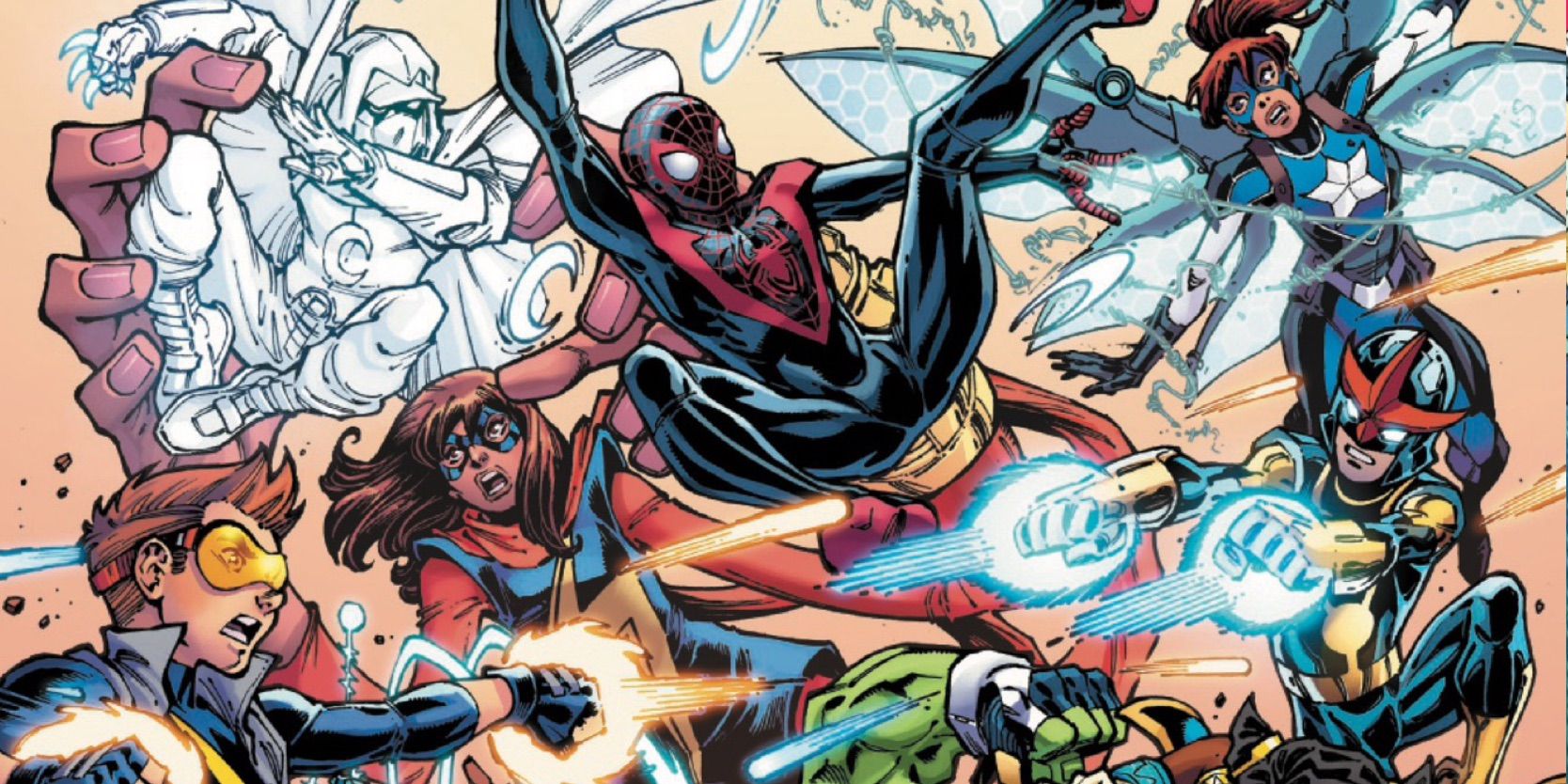Acclaimed Musician LiSA Talks Demon Slayer, The Music Industry, & The Core Of Her Art
Summary LiSA is a renowned pop-punk artist known for her anime contributions like "Gurenge".
Crafting music for anime requires a balance between creative freedom and direction.
LiSA's music themes focus on hope and fighting for a brighter future, resonating throughout her career.
With a concert at San Diego Comic-Con behind her and a tour ahead of her, Japanese pop-punk artist LiSA has never been bigger. The acclaimed singer is famous among anime fans for her numerous contributions to the world of anime, such as being the singer behind Demon Slayer's first opening,"Gurenge". "Gurenge" is the best selling song of Japan's Reiwa Era, cementing LiSA's status as a true icon.
Beginning her career in 2005, LiSA has become famous for her unique pop-punk sound. The acclaimed musician has contributed music to a number of prominent anime series such as Demon Slayer, Fate/Zero, and My Hero Academia.
Recently, she made an appearance at San Diego Comic-Con in collaboration with Crunchyroll to promote her upcoming tour, LiVE Is Always Smile. After a concert at Comic-Con itself, LiSA sat down with us to discuss her career and what it's like to make music for anime.
Related Crunchyroll's Recent Hit Romance Shows How the Genre Is Changing (In a Good Way) A Condition Called Love breaks several genre stereotypes, and shows how romance anime and manga are changing for the better.
Screen Rant: You are easily one of the most acclaimed and well known pop punk artists in Japan with singles that have consistently topped the charts. Given that success, do you feel like you've taken on any sort of leadership role in the music industry? Or do you feel more that you're still learning from the new generation of musicians?
LiSA: I think there was an era when punk rock was really becoming a thing, and I think that wave is coming again. I can feel that firsthand. There are a lot of younger artists and younger generations who skew more towards rock and the punk rock scene. So not just kind of seeing and hearing those myself, I think just interacting with that younger generation makes me feel young again as well.
There is so much great music produced for the openings and closings of anime. What is the process like for creating music for anime? Are you given a lot of hints about about themes or tones, or are you given total creative freedom?
LiSA: There's both actually. Sometimes we have more creative freedom, but other times there is a bit of direction. So, at first I like to talk with the team about what kind of anime it is, what the anime opening video is going to look like, so I can get a better sense of what the overall music should look like and then, in those instances, we can make suggestions or vice versa. They might come up with some suggestions or ideas based on what type of anime or what the opening is going to look like. In "Gurenge" for "Kimetsu no Yaiba", I was told that I wanted to write a battle scene in the opening, so I chose a hard rock song that had a sense of urgency in the battle scene. When we were working on this, they said that there was going to be a lot of battle scenes in the opening. So we wanted it to have a little more of a hard edge to it.
Given how important anime openings are to marketing, with YouTube videos of anime openings getting millions of views, is there any added pressure when you know you're working on a big anime opening?
LiSA: It depends. Regardless of the project, there is a lot of passion from the team, so it doesn't change from project to project. You can really sense each team is cherishing their anime project regardless of scale or scope of how much expectation there is. So in that sense, I think I feel pressure on every single project because I want to answer and respond to that passion.
Is there any difference between crafting music for your own versus crafting music for an anime?
LiSA: When I write for myself, the initial inspiration for any song usually comes from within myself, so I try to look at my surroundings, my life, what kind of emotions it is, or what the message is that I'm trying to convey, and that serves as the starting point or initial break for that song. Whenever I work on an anime project or something else, I try to expose myself to as much of the content and the existing underlying work because that will serve as more of a platform for me to be able to write.
Given your storied career, do you think there's any sort of running theme or themes in your music that you find yourself returning to, that still is relevant to you personally now, as it was when you were first starting out?
LiSA: A common theme throughout my career is my belief that there is a brighter and happier future. And that's a theme and an idea I carry with me no matter what it is I'm singing, whether it was back then or now. If you look at the anime that I've sung for, a lot of it does have a fighting component to it. And I think that theme, that you have to fight to attain this new hope and this brighter future for yourself and everyone else is a common theme throughout everything that I've done throughout my career.
With you having been in the industry for so long, what do you think is one way that the industry itself has changed since you started?
LiSA: When I first started making music, it wasn't so much writing alone as much as you would have a group of friends or a band or a team that you're working with. But as you see the shift in music and how it's composed and how it's written, you can see people composing alone. There's been this shift or evolution, I would say, where you don't need a whole team anymore. Individuals in their own room are able to write, which I find myself doing occasionally as well.
What to you is your proudest achievement with your music? Is there a particular song or performance that you think stands above the rest?
LiSA: Of course there are many. I've been touring in Asia and not just Japan recently, including a live performance yesterday at the San Diego Comic Con. There are certain songs that I think transcend language and borders and cultures and people can sing together. "Crossing Field", "Gurenge", "Homura". So it's not just time. It transcends time because I've written those quite a while ago. It transcends borders and different ideologies, which I think is quite, quite amazing.
Thank you to LiSA and Crunchyroll for talking with us at Comic-Con!











COMMENTS